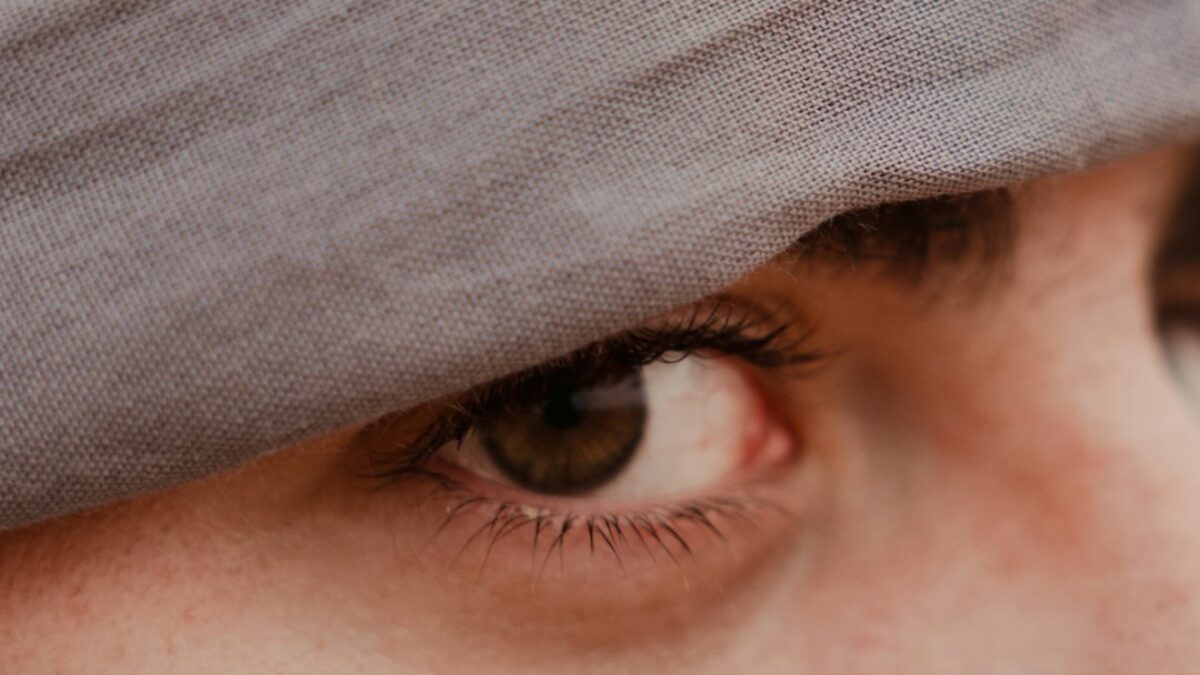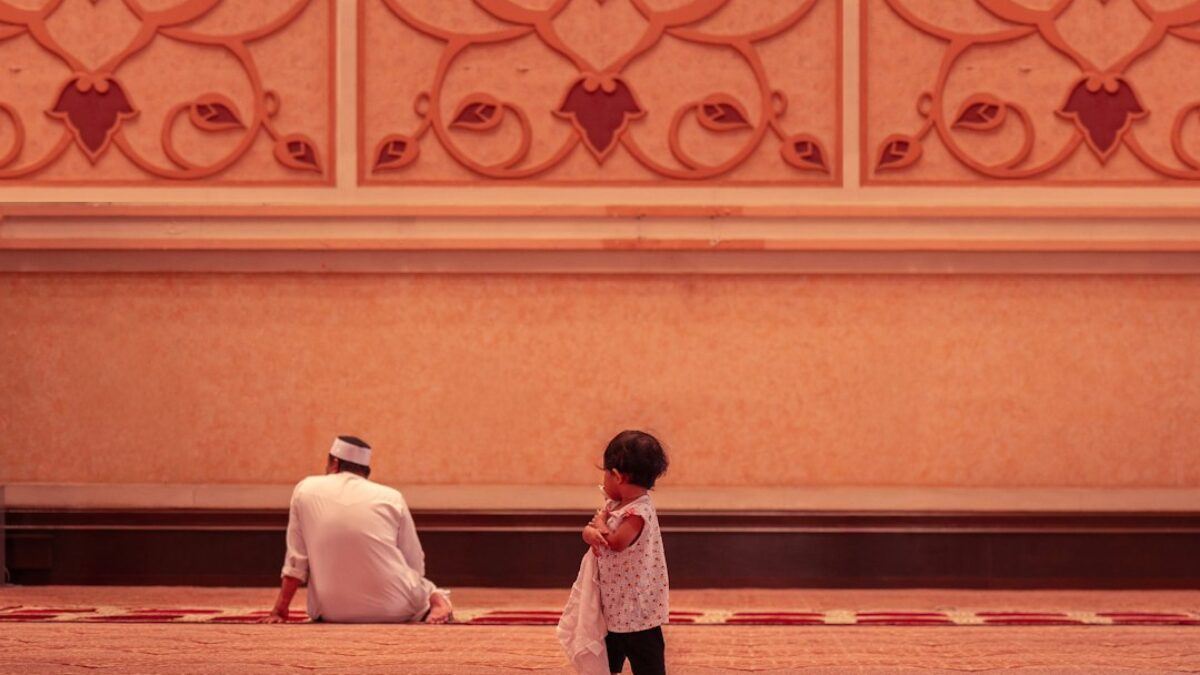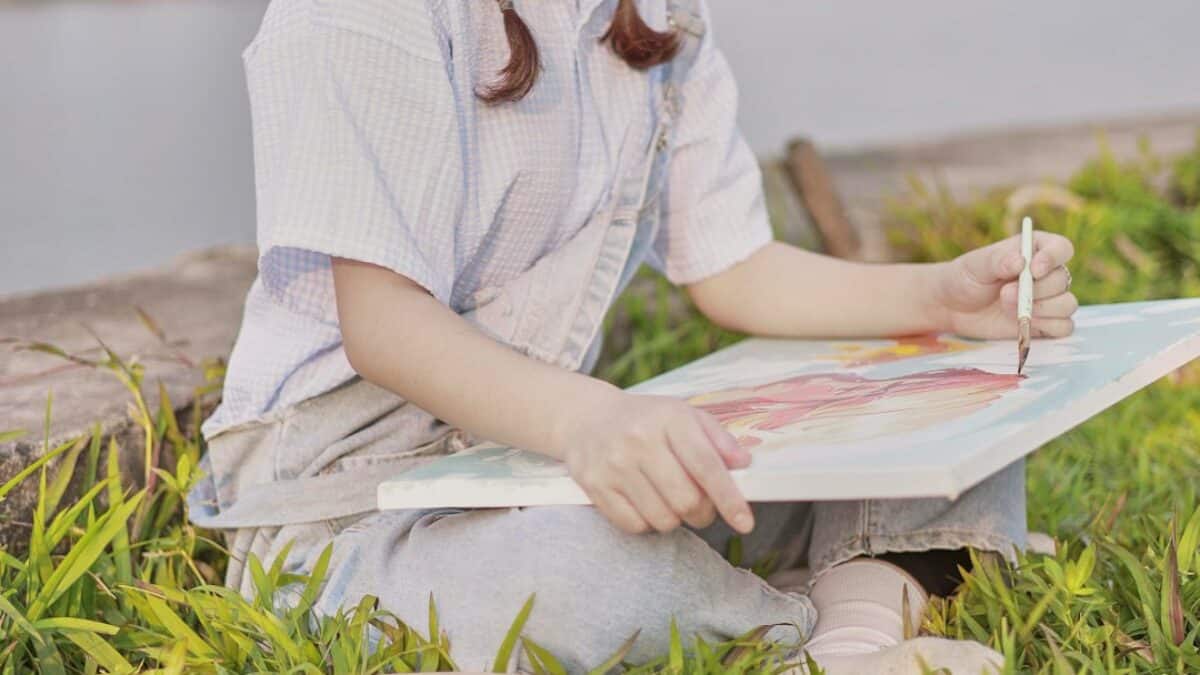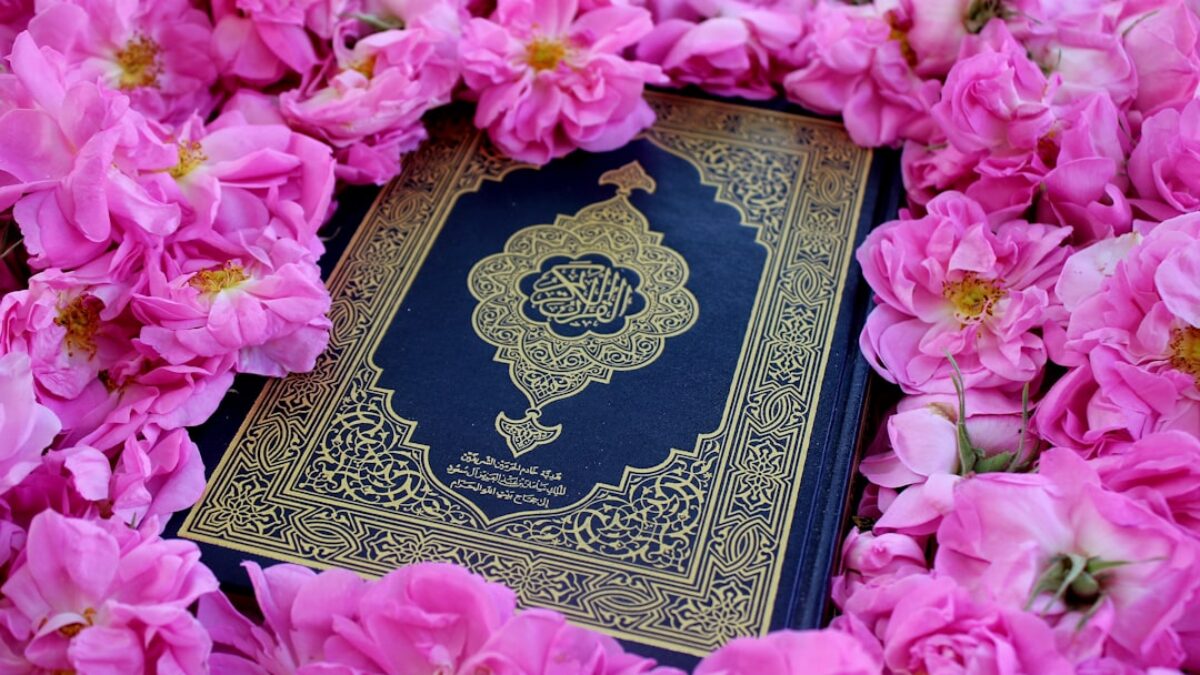The concept of the evil eye, known in Arabic as al-‘ayn, has been acknowledged in Islamic teachings since the time of the Prophet Muhammad ﷺ. It represents a form of spiritual harm that can affect health, wealth, family harmony, and overall well-being. Throughout the Qur’an and Sunnah, believers are provided with powerful supplications and rituals to seek divine protection from this unseen danger. This article explores seven authentic duas and the accompanying rituals recommended by the Prophet ﷺ, offering practical guidance for Muslims worldwide who wish to safeguard themselves and their loved ones from envy, jealousy, and malicious glances.
Understanding the Evil Eye in Islamic Context
In Islamic theology, the evil eye is not superstition but a confirmed reality backed by textual evidence and scholarly consensus. It occurs when a person’s intense admiration or envy manifests into actual harm for the object of their gaze. The Prophet ﷺ said, “The evil eye is real. If anything were to overtake the divine decree, it would be the evil eye.”
Sources of Evidence
- Qur’anic verses: Surah Al-Falaq and Surah An-Naas were revealed specifically for seeking refuge from evil.
- Hadith collections: Authentic narrations in Sahih Bukhari, Muslim, and other canonical texts detail the Prophet’s guidance on ruqyah (spiritual healing).
- Scholarly consensus: Classical and contemporary scholars agree on the evil eye’s reality and prescribe protective measures.
How the Evil Eye Manifests
Symptoms may appear suddenly or gradually, including:
- Unexplained fatigue or illness after praise or admiration.
- Business setbacks following public displays of wealth.
- Children becoming restless or crying without medical cause.
- Animals or crops failing after being shown to others.
Key Components of Authentic Ruqyah
Authentic ruqyah (protective recitation) must fulfill three criteria:
- Divine attribution: Only Allah’s names, attributes, and revealed words are used.
- Intelligibility: Reciter and listener must understand the Arabic or its translation.
- Correct belief: Cure comes from Allah, not the words or rituals themselves.
The Role of Intention (Niyyah)
Before any dua or ritual, forming a sincere intention is vital. The Prophet ﷺ taught, “Actions are judged by intentions.” Say silently: “Bismillah, I seek Allah’s protection for myself (or my child/wealth) from every evil eye and envious gaze.”
Timing and Frequency Recommendations
| Occasion | Recommended Recitation | Frequency |
|---|---|---|
| Morning & Evening Adhkar | Surah Al-Falaq, An-Naas, Ayat al-Kursi | 3× after Fajr & Maghrib |
| Before leaving home | Dua for leaving the house | Once |
| After praise or admiration | Masha Allah, Tabarak Allah | Immediately |
| Weekly family protection | Surah Al-Baqarah (full) | Every 3 days in the home |
Benefits and Importance of Regular Protection
Consistent recitation of protective duas yields both spiritual and psychological benefits:
Spiritual Benefits
- Strengthened tawakkul (trust in Allah) through regular reliance on divine protection.
- Angelic presence in the home when Surah Al-Baqarah is recited.
- Shield from shayatin (devils) and harmful jinn.
Psychological Benefits
- Reduced anxiety about unseen dangers, leading to better mental health.
- Family cohesion when adhkar are recited collectively.
- Positive mindset knowing Allah is the ultimate protector.
Social Benefits
When communities practice protective adhkar together, collective barakah increases. Mosques, schools, and households that prioritize these rituals often report fewer conflicts and greater mutual support.
7 Authentic Duas and Their Rituals
1. Surah Al-Falaq and Surah An-Naas (The Chapters of Seeking Refuge)
Text (Transliteration):
Qul a‘oodhu birabbi-l-falaq * Min sharri ma khalaq * Wa min sharri ghasiqin idha waqab * Wa min sharri–naffathati fi-l-‘uqad * Wa min sharri haasidin idha hasad …
Qul a‘oodhu birabbi–naas * Maliki–naas * Ilaahi–naas * Min sharri-l-waswaasi-l-khannaas * Alladhee yuwaswisu fi sudoori–naas * Mina-l-jinnati wa–naas.
Ritual Steps:
- Perform wudu (ablution) and face the qiblah.
- Recite Surah Al-Falaq three times, blowing lightly into cupped hands after each recitation.
- Pass hands over the entire body, starting from the head to the feet.
- Repeat with Surah An-Naas.
- Do this every morning and evening.
2. Ayat al-Kursi (The Throne Verse) – Surah Al-Baqarah 2:255
Text (Transliteration):
Allahu la ilaha illa huwa-l-hayyu-l-qayyoom …
Ritual Steps:
- Recite Ayat al-Kursi once after every fard prayer.
- Recite three times before sleeping for night-long protection.
- Write it on a clean paper and place it at the home’s entrance for ongoing safeguarding.
3. The Morning and Evening Adhkar (Comprehensive List)
Key Duas:
- Surah Al-Ikhlas, Al-Falaq, An-Naas – 3× each.
- “Bismillah alladhi la yadurru ma‘asmihi shay’un…” – 3× morning and evening.
- “Hasbunallahu wa ni‘ma-l-wakeel” – 3× after sunrise and sunset.
Ritual Steps:
- Set fixed times: after Fajr and after Asr or Maghrib.
- Recite aloud if alone, softly in congregation.
- Teach children the adhkar from a young age.
4. Ruqyah for Children
Text:
U‘eedhukuma bi kalimaatillaahi-t-taammati min kulli shaytaanin wa haammatin wa min kulli ‘aynin laammatin.
(“I seek protection for you both in the perfect words of Allah from every devil, poisonous creature, and envious eye.”)
Ritual Steps:
- Parents recite this dua while gently blowing over the child’s head and body.
- Perform after every prayer and before sleep.
- Use fingertips to lightly touch the child’s forehead, chest, and back while reciting.
5. Dua When Entering the Home
Text:
Bismillah walajna, wa bismillah kharajna, wa ‘ala rabbina tawakalna.
Ritual Steps:
- Say Bismillah before turning the key.
- Upon entering, recite the dua aloud so household members hear and join in spirit.
- Recite Surah Al-Baqarah in the home at least once every three days to expel shayatin.
6. Dua for Dressing
Text:
Alhamdu lillaah alladhee kasaani hatha (ath-thawb) wa razaqnihi min ghayri hawlin minni wa la quwwah.
Ritual Steps:
- Recite as you don each garment.
- Add: “Allahumma inni a‘oodhu bika an yu‘dhiyani ‘aynaan aw yu‘dhiya ‘aynun bi.” (O Allah, I seek refuge in You from the harm of any eye or from harming with an eye.)
7. Collective Ruqyah Session for the Family
Materials Needed:
- Clean water in a glass bottle.
- Olive oil or black seed oil.
- Copy of the Qur’an or printed verses.
Ritual Steps:
- Gather the family after Maghrib prayer.
- Recite Surah Al-Fatihah, Al-Ikhlas, Al-Falaq, An-Naas, and Ayat al-Kursi 7× each over the water.
- Blow lightly into the water after each surah.
- Each member drinks three sips and washes the face, hands, and feet.
- Dab a small amount of the recited oil on the forehead and wrists.
- Perform weekly, ideally on Thursday nights.
Practical Applications in Daily Life
Creating a Protection Routine at Home
Consistency transforms isolated duas into active spiritual shields. Follow this weekly schedule:
- Monday & Thursday: Recite Surah Al-Baqarah in the home.
- Friday: Perform family ruqyah session.
- Daily: Morning and evening adhkar, plus specific duas after prayer.
- Before events: Recite protective duas before weddings, graduations, or business launches where envy may arise.
Protecting Children at School
Children are especially vulnerable because their achievements are often praised publicly. Practical steps include:
- Sew a small pouch with Ayat al-Kursi written on paper into the schoolbag.
- Teach them to say Masha Allah la quwwata illa billah when praised.
- Recite the bedtime ruqyah together nightly.
Workplace and Business Protection
Entrepreneurs and employees can integrate these practices:
Recite
























Post Comment